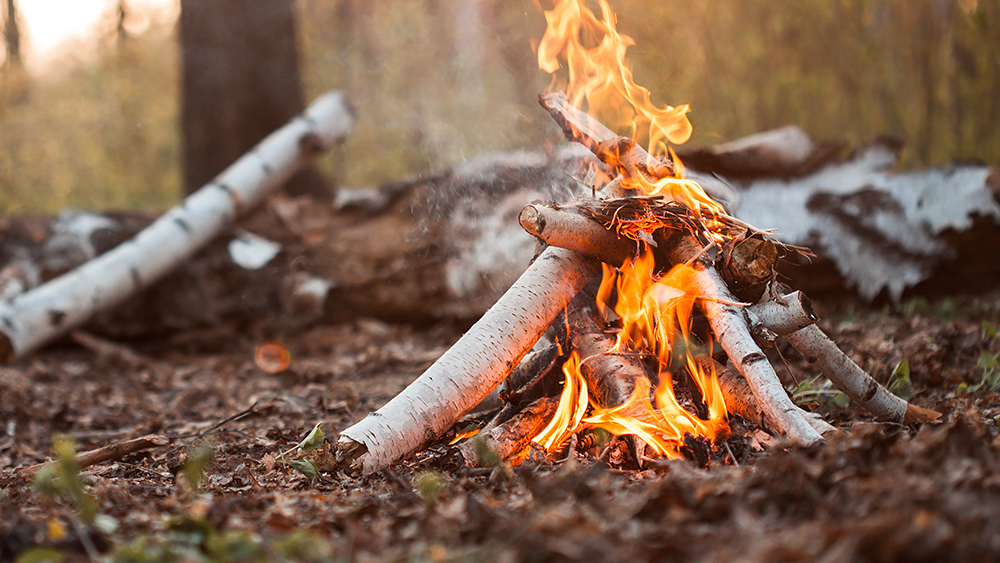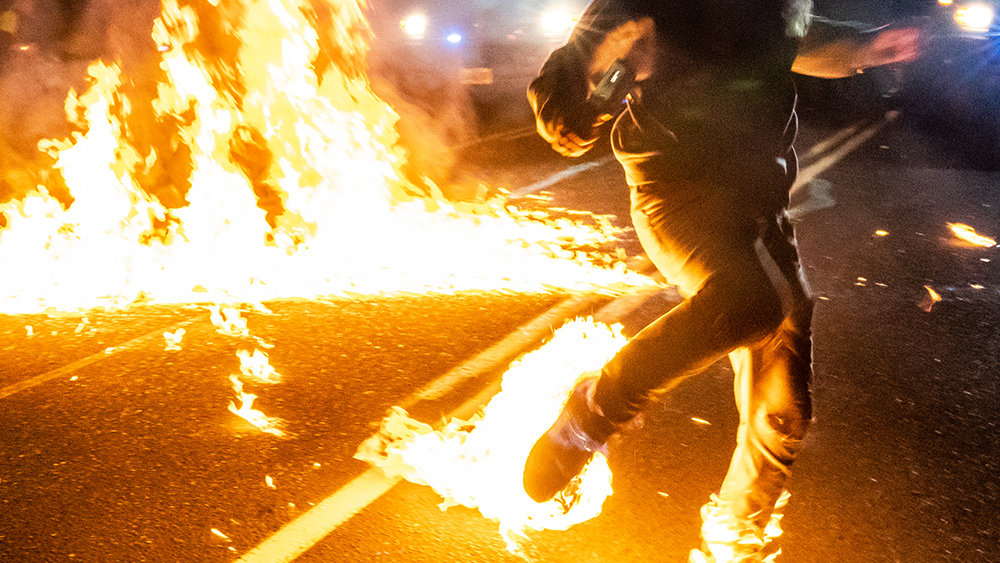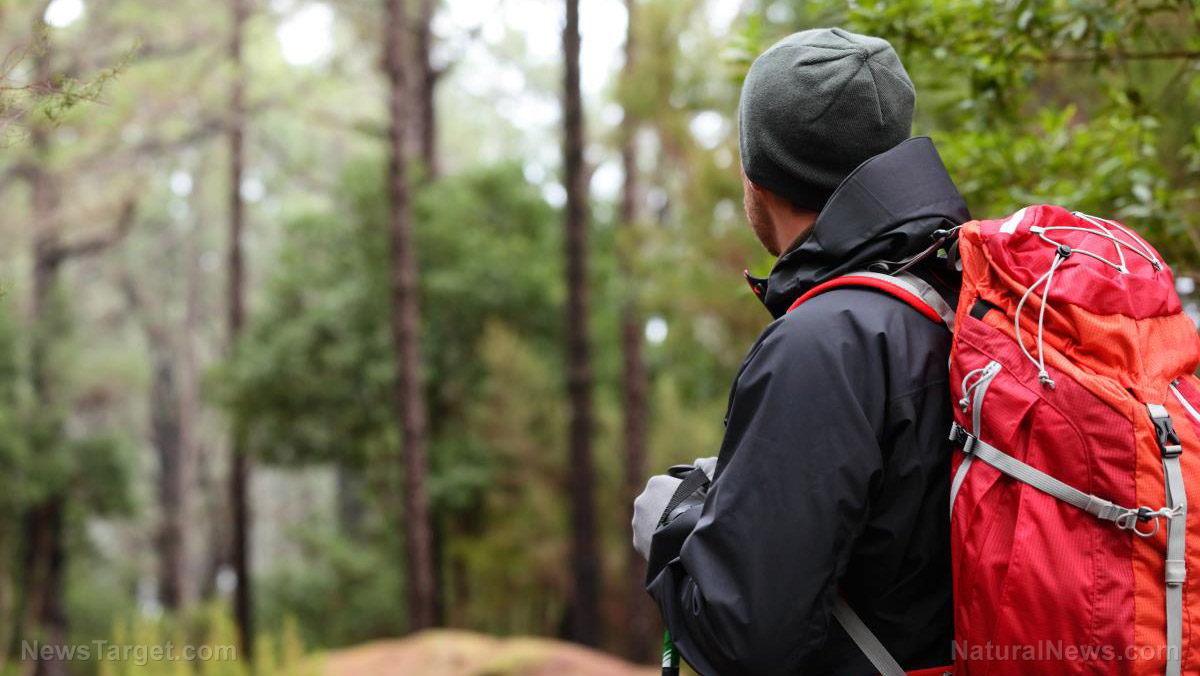
Preppers know that there's no such thing as being too prepared, especially when you're facing a disaster. And while there's no way to know when exactly things will go wrong, you can prepare for the worst by knowing how to best set up your emergency shelter. (h/t to DoomsdayMoose.com)
Don't wait until it's too late. Find a secluded location and build your shelter now so you can weather out a dangerous situation without worrying if your whole family can stay safe during a major disaster.
You can also make your emergency shelter more effective by following the tips detailed below:
Choose the right size for your emergency shelter
Shelters can be as small as a cabin for one person or as large as a bug-out location for a family of four and a pet or two. If you have the funds, consider building a large bunker that expands into an underground area.
Before you buy property, think about how many people will take shelter at the location, then decide how big the shelter is going to be. Remember that your shelter also needs space for food and gear storage and sleeping areas. (Related: Survival 101: 5 Reasons to set up a safe room or storm shelter.)
You should also consider these three factors before setting up a bunker:
- Air ventilation –There will be less oxygen than you normally breathe in an underground shelter. If things get so bad that you have to bug out for weeks or months, you have to make sure you won't die from suffocation. Do this by having a proper ventilation system in place so you can breathe normally.
- Water availability – You will need clean water for drinking, cleaning and cooking in your shelter. Choose a location close to a natural water source like a stream or lake.
- Escape route – A bunker without an escape route is basically a grave. When SHTF and there's only one entrance and exit to your bunker and it's blocked, you probably won't escape. Remember to add an escape route or two when planning your bunker, just to be safe. During the excavation, dig one way in and another way out.
Set up food storage areas
When buying food for the survival stockpile in your emergency shelter, get items that are shelf-stable and can last for a long time without extra care.
Keep things simple by building shelves into the shelter that can store canned goods and other necessities. Use food containers that are airtight and include basic cooking and eating utensils for the whole family.
Make sure you also have multiple tools like can openers and several backups for opening these cans.
Update security in your emergency shelter
When SHTF, you might have to protect your shelter from other people who may try to get inside. You also have to prepare for natural threats like high winds or fire.
Get a security system with heavy-duty locks that will protect your supplies from looters. You will also need a camera so you can also monitor the outside of your shelter so you know when it's safe to exit the shelter during an attack.
After setting up the shelter, check on things periodically to make sure that it's ready whenever SHTF. Schedule periodic inspections of the plumbing and septic systems.
Rotate the food stock to make sure nothing expires and goes to waste. Maintain the shelter so you can quickly move in when it's time to bug out.
Set up a waste disposal system
Aside from stocking up on food and supplies and fortifying your shelter, you also need to have a proper waste disposal system in your emergency shelter. If you have a standalone emergency shelter, plan for a septic tank installation in the building.
If your home already has a system, it might be time to upgrade to a bigger one that is more efficient for handling a new addition like your underground bunker. When SHTF, maintaining proper hygiene and sanitation and being able to properly dispose of raw sewage will prevent infections and severe illnesses.
Watch the video below to know more about things to consider when setting up your bunker.
Before disaster strikes, plan for an emergency shelter and secure supplies so you can bug out when it's go time.
Go to Survival.news for more tips on how to set up an emergency shelter before SHTF.
Sources include:
Please contact us for more information.





















